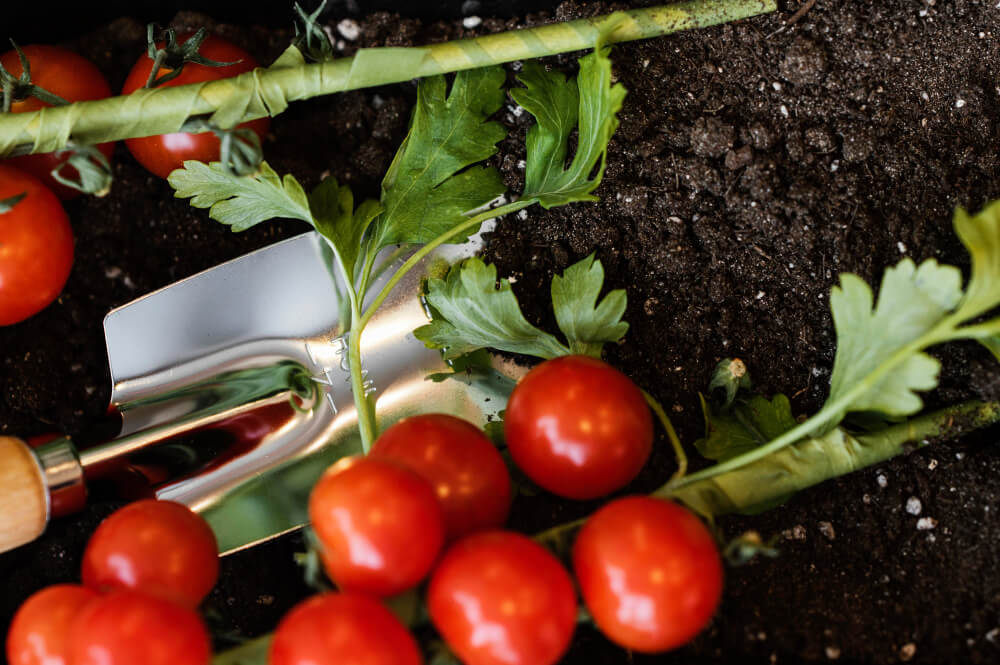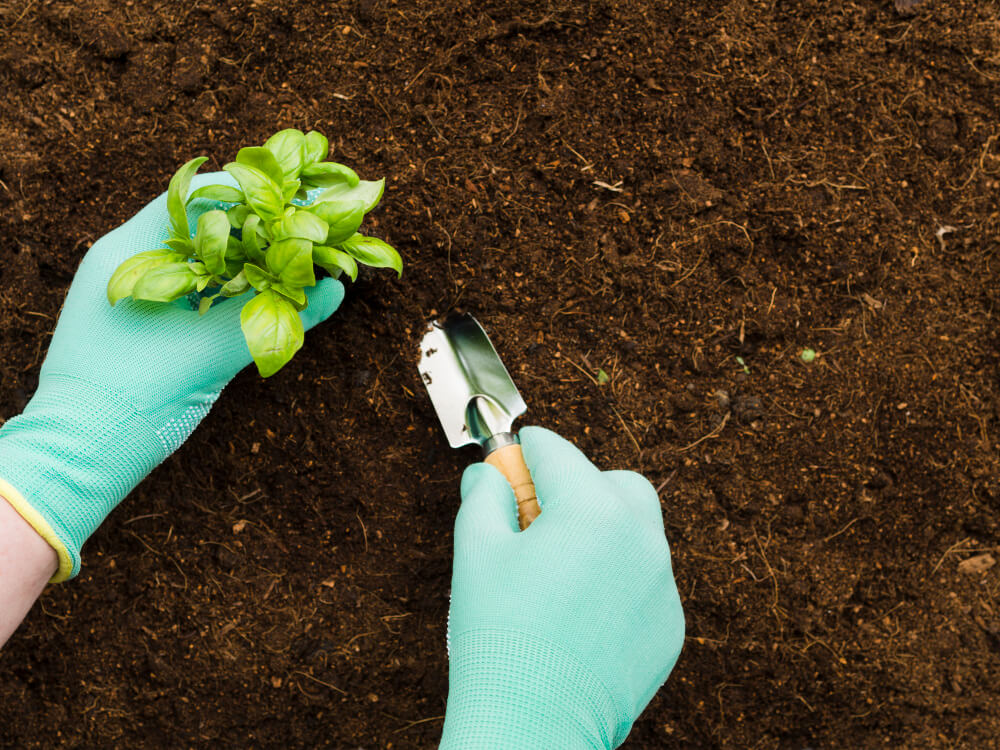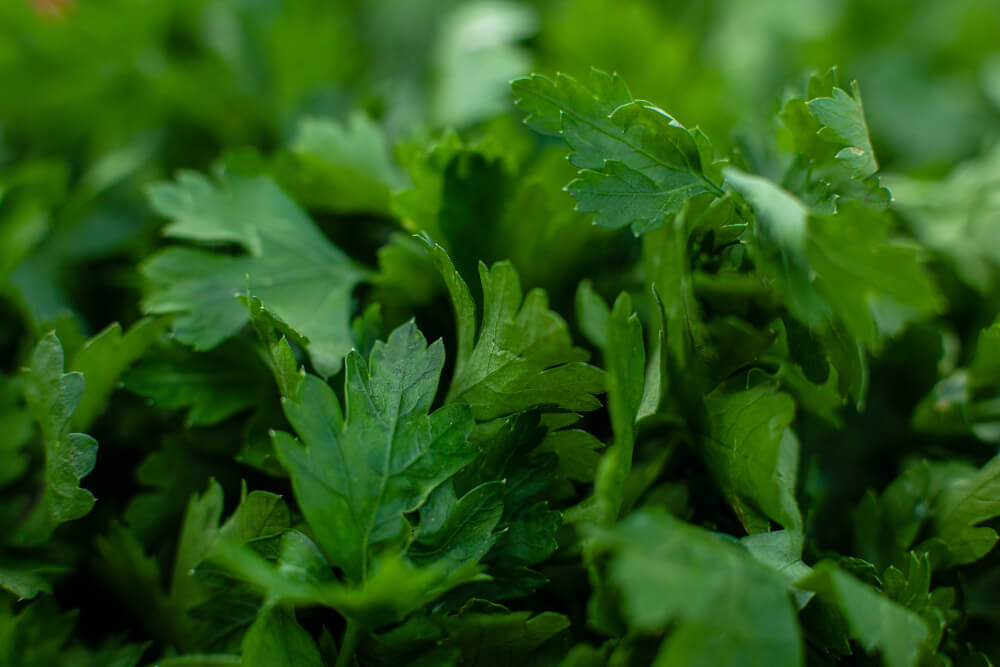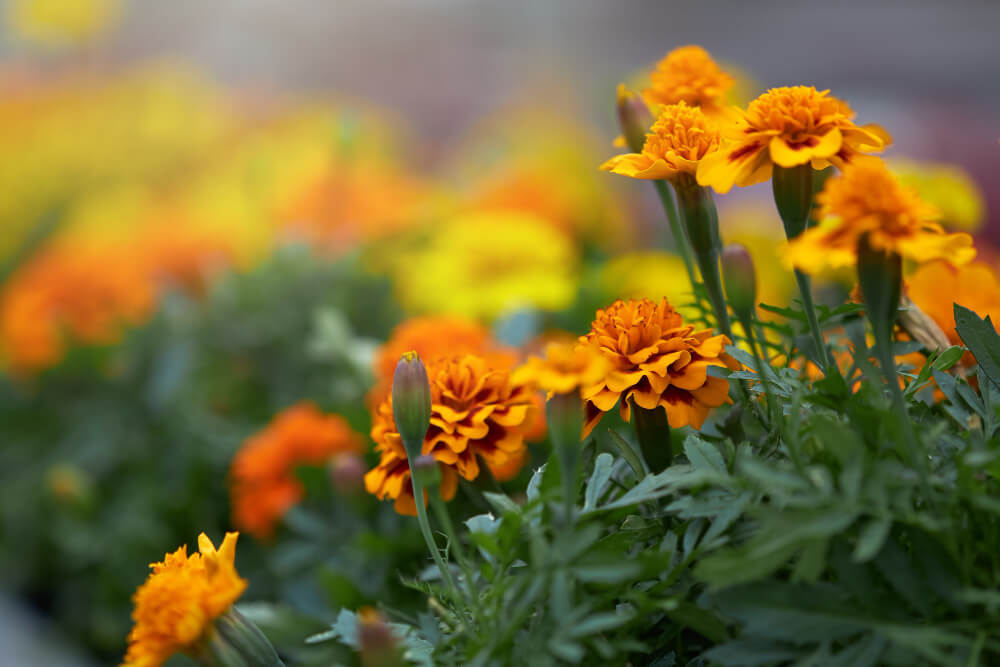There are numerous reasons to do gardening. But the best reason is you find yourself when you do gardening. You engage in an activity that helps you understand nature’s healing power. So, don’t take this for granted until you get what you want. So, today, I came up with the idea of companion planting. Why is it beneficial? And how you can start companion planting at your home.
Spring is nature’s way of saying, ‘Let’s Party!’
~Robin Williams
So, let’s explore companion planting and learn about its benefits.

Let’s Connect Yourself with Companion Planting
Companion planting is a process that benefits both plants mutually. It is an organic method of growing two or more plants with mutual benefits. So, you have to understand which plants are beneficial and which plants are not beneficial for each other.
Benefits of companion planting
- It helps to attract beneficial insects.
- It helps to repel pests.
- It helps to decrease the need for chemical pesticides.
- It helps to attract pollinators.
- It helps to enhance the soil.
- It helps to increase your harvest.
- It helps to reduce the risk of diseases.
- It helps to suppress weeds.
- It helps to provide shade from one plant to another.
- It helps to give support to one plant to another.
Overall, companion planting has numerous benefits. So, start companion planting and fill your garden with diversity.

Let’s Start Companion Planting
Plants that provide shade

- Scarlet sage
- Parsley
- Coneflower
- Cosmos
- Yarrow
- Garden Phlox
- Borage
Plants that repel pests

- Petunias
- Basil
- Lavender
- Marigold
- Cilantro
- Chrysanthemums
- Thyme
- Sage
- Mint
- Garlic
- Nasturtiums
- Dill
Plants that attract pollinators

- Zinnias
- Sweet alyssum
- Daisies
- Sunflowers
- Cosmos
- Bee balm
- Marigolds
- Sunflowers
- Violas
- Lavender
Plants that are best in combination
- Nasturtium flowers beside cabbage/brassicas.
- Rosemary, dill, and sage near cabbage/brassicas.
- Onions, garlic, or leeks near carrots.
- Chives, parsley, or onions near tomatoes.
- Basil besides tomatoes or cucumbers.
So, first, research the plants and check the space where you want companion planting. Then, take care of their requirements, such as height, size, growth habits, water requirements, nutrient needs, and sun exposure.

Which Plants Cannot Make Companions?
These are the common mistakes that most gardeners make so, you do not have to repeat them.
- Do not plant fast-growing zucchini or winter squash near lettuce.
- Do not plant fast-growing corn near tomatoes. Corn will shade tomatoes too much and they two compete for vital nutrients.
- Do not plant cauliflower and other cruciferous vegetables near each other because they attract aphids, cabbage loppers, and flea beetles.
- Do not plant Beans near members of the allium family. As a reason for that, allium family members, like onions or garlic, will inhibit the growth of beans.
- Do not plant tomatoes near potatoes because they both have the same diseases and pests’ attraction.
- Do not plant brassicas near tomatoes as they both compete in nutrient-rich soil.
- Do not plant celery near lettuce because they attract pests like whiteflies and aphids.
- Do not plant fennel near any other plants because it inhibits the different plant growth.
- Do not plant cabbage near bell peppers because cabbage inhibits the growth of peppers.
- Do not plant zucchini near potatoes because they compete with each other and inhibit the growth of others.
- Do not plant onions near asparagus because they both attract the same diseases and pests.
- Do not plant summer squash near pumpkins. They will cross-pollinate as well as attract the same diseases and pests.
So, you have to take care of plants that are not good companions of each other. So, do not plant them together. The most important thing is to pay attention to the nutrients so that both plants are compatible and do not damage each other.
What Else Can You Do?
Make sure that your companion plantings have a symbiotic relationship and help each other. If you need any assistance, you can ask me.
Happy gardening!
